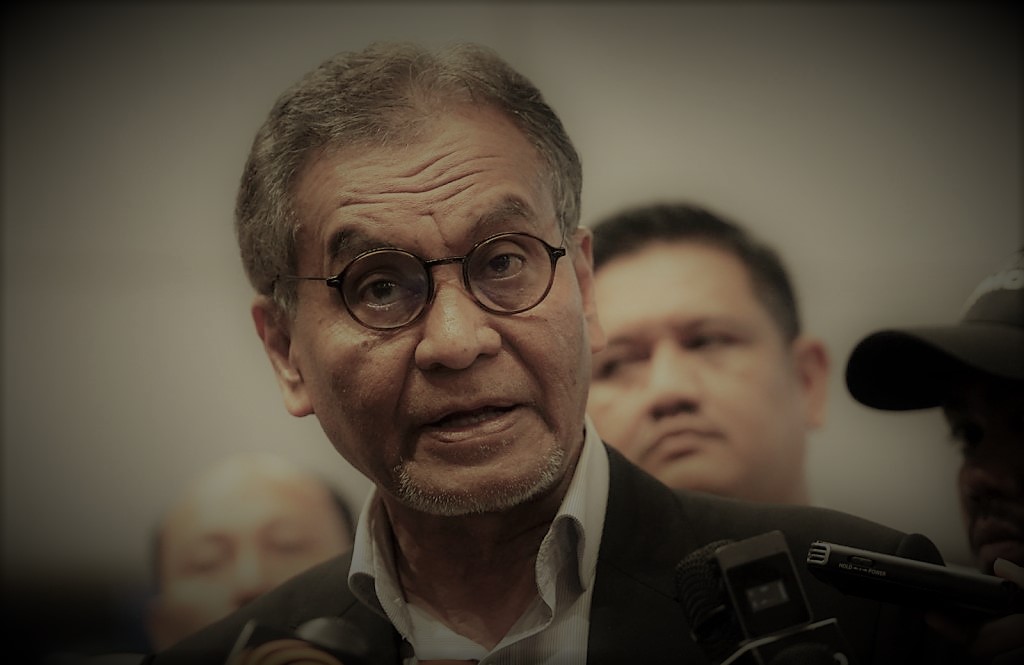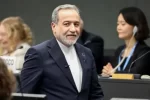Shopian, July 4: Syed Basharat Hussain, a prominent socio-political activist, convened a pivotal meeting today with the Gujjar-Bakerwal Foundation in Shopian, tackling critical issues affecting communities across the region.
Joined by esteemed leaders including President Chaudhary Farooq Ahmad Bajad, Chaudhary Nizam Din, Secretary Chaudhary Mohammad Iqbal, and media advisor Nisar Ahmad Baniya, the discussion centered on pressing concerns voiced by residents from Chekipora, Cheki Saidpora, Devpora Tangmarg, Aharbal, Porihalan, Haripora, and Keller areas of Shopian.
One of the primary issues highlighted was the recent drastic increase in electricity tariffs, soaring from Rs. 350 to Rs. 1500. Basharat Hussain passionately argued that such a hike places an unbearable financial burden on impoverished families, questioning its feasibility amidst economic hardships.
The meeting also shed light on the inadequate road infrastructure, particularly the challenges posed by non-macadamised link roads during harsh weather conditions, severely impacting daily life and economic activities.
Turning to agricultural concerns, Basharat Hussain emphasized the urgent need for reliable water sources for small apple orchards, proposing government-supported initiatives for solar pump installations to promote sustainable farming practices.
Another critical issue discussed was the lack of proper drainage systems, posing health and environmental risks to local residents. Basharat Hussain urged immediate governmental intervention to rectify this issue and improve living conditions.
Economic empowerment emerged as a key priority, with Basharat Hussain advocating for tailored job opportunities that meet the community’s needs. He emphasized that sustainable livelihoods are essential for empowering youth and fostering economic stability.
Expressing disappointment over unmet promises, Basharat Hussain criticized the government’s failure to provide adequate sanitation facilities and household toilets. Despite assurances, many households continue to lack these basic amenities, impacting public health and dignity.
In a proactive move towards enhancing community safety, Basharat Hussain proposed the installation of solar-powered street lights around key areas such as mosques and shrines. This initiative, he argued, would not only enhance visibility but also promote a safer environment, particularly during nighttime.








